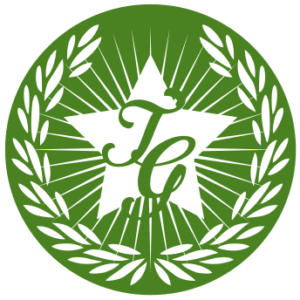In many respects, having a PhD in History is something of the unusual for me. Not only because no-one in my family has a degree, let alone a PhD, but because by the time I reached secondary school, I found myself bunking off History class as it seemed to be the most quintessentially boring thing I had ever been presented with. A mass of names and dates of kings and queens who I had no interest in and was never presented with a compelling reason as to why I should be. There was none of me in this subject, nor anyone I could identify with, and so I removed myself to the woods for cigarettes and thinking. Twelve years went by.
Like many people, 9/11 changed several things for me and one of those was to introduce a realisation of the importance of history to fully understand the present. Another was a growing sense of my own ignorance and lack of understanding because I had no historical perspective and/or knowledge. I was by then in my mid-twenties and living in Philadelphia and, after the sharp fear for loved ones that day, I slowly watched a country I loved turn into something I didn’t love. Moreover, I needed, as ever, to know the reason/s why it had happened and why America and its allies were reacting in the ways they were. In the end, that why involved a turn to the past.
On the way to enrolling in a degree in the Study of Religions four years later, I encountered the historical fiction of Amin Maalouf. Firstly, Samarkand (which resulted in a visit to the city some five years later) and then, one-by-one, each and every one of his books were consumed. Samarkand in particular opened up a portal in my mind to ‘medieval’ Iran, and the Islamicate world more generally, which has remained open ever since. But too, the very premise of The Crusades Through Arab Eyes taught me something fundamental about historical perspective and its ability to change the meaning of ‘facts’.
Put those things together with the simple fact that I am a working-class feminist, and we have a path which led me to become a professional (social and cultural) historian. It is a path which means that I am interested in ‘history from below‘, in listening to and capturing the voices of the unheard and misunderstood. Mine is a perspective which distrusts the dominant narrative because the dominant narrative supports, and has helped to create, a vastly unequal world. Mine is a voice which wants to help explain the present by pointing to the different ways in which we walked into it, in the hope that we can figure out better ways forward. I want to unpick the past which has put us on tracks which don’t seem right at all to me. I am, then, a critical (or ‘radical‘) historian who is utterly convinced of the importance of the past to the present. That’s the kind of history I care about, and that’s the kind of history I have written and will continue to write.
